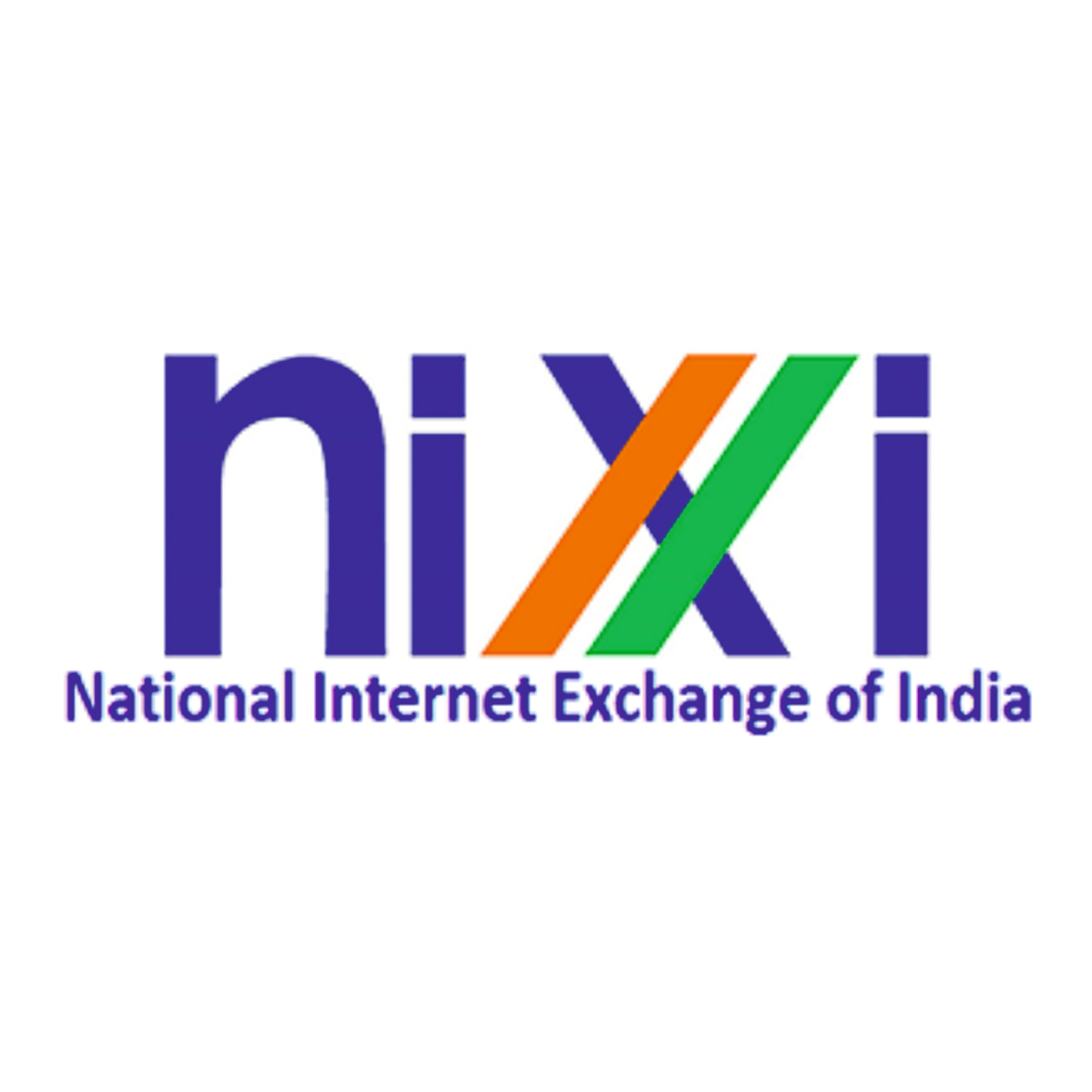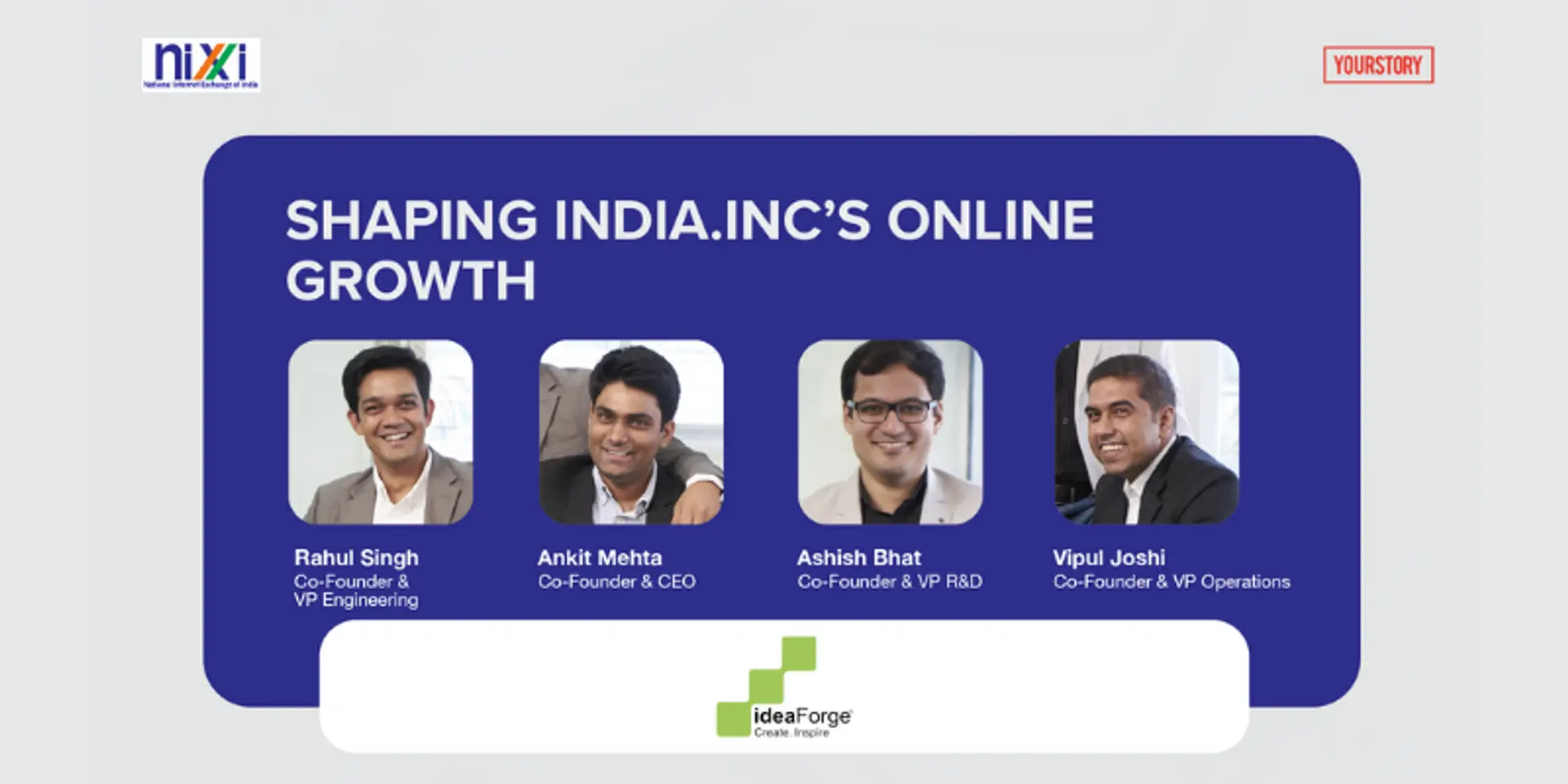This drone design and manufacturing company is providing cutting-edge tech solutions for mapping the villages in India
Founded in 2007, ideaForge is one of the first companies to indigenously develop and manufacture Vertical Take-off and Landing (VTOL) unmanned aerial vehicles (UAVs) in India.
“I was leading an innovation cell at my college IIT Bombay when Rahul came to me with an idea to build a hovercraft that would float on the Powai lake. While innovating, we discovered a quadrotor configuration that led us to build a prototype for a drone,” recalls Ankit Mehta, Co-founder, and CEO, .
Founded in 2007 by IIT Bombay alumni Ankit, Rahul Singh, Ashish Bhat, and Vipul Joshi, ideaForge is one of the first companies to indigenously develop and manufacture Vertical Take-off and Landing (VTOL) unmanned aerial vehicles (UAVs) in India.
“We were further inspired when we won a contest in the hovering category against Massachusetts Institute of Technology, US. Also, when Mumbai was under a terrorist attack in 2008, we strongly felt that our technology could have made a difference in giving our forces a vision of what is happening on those hotel floors. This further strengthened our determination to convert this tech product into a use-case for our security forces,” adds Ankit.
He says, “We made the drone prototype you see in the movie 3 idiots.”
Vipul Joshi, Vice President - Operations, ideaForge reiterates, “Drone manufacturing gave us a right platform to work through India and for India, as well as build products that interest the right use cases and serve the security needs of the nation.”
Building indigenous tech
Over a period of three years, India will see an estimated investment of Rs 5,000 crore for the manufacturing of drones, which in turn will see the drone industry clock an annual turnover of Rs 900 crore in fiscal 2024, according to the Ministry of Civil Aviation. While the drone manufacturing sector in the country has grown by a significant margin, ideaForge stands out for its home-grown state-of-the-art tech solutions “From autopilot to control software and to image intelligence software to hardware designs, the entire tech is indigenously developed,” says Vipul.
“Starting early and investing into hardware and advanced tech solutions gave us an edge over the competition. We can confidently say that the drone as an industry as we see it now came to India with our entry in the sector,” he claims.
Ankit and Vipul believe that the business ecosystem has radically changed over the last few years in India. “Back then, there was no startup ecosystem, now there are several government schemes, recognition for innovative ideas, international investment, etc. Also, the local talent pool in deeptech has evolved and is now excited about working in India,” shares Vipul.
End-to-end service
Mumbai-based ideaForge has a specialised range of drones catering to several sectors such as security and surveillance, mapping, defence, surveying and inspection, delivery, homeland, construction progress monitoring, etc. “Our products are essentially unique and we need to provide training in order for them to be able to use them effectively. We take a lot of pride in the fact that we are able to train jawans to use our systems,” explains Ankit.
“Currently our products are deployed under the Swamitva scheme for mapping rural villages to provide property cards to landowners in the rural population. We cover a wide spectrum of users and we train them so they can effectively leverage our technology and we do it in a manner that it takes minimal effort to understand the automated systems,” he shares.
Law enforcement agencies have extensively used the startup’s systems in terms of crowd management during the lockdown. Its drones are also used to oversee rescue operations by disaster management teams.
But can India become completely self-reliant in drone manufacturing? Ankit says, “Not all components or raw materials required to manufacture drones are available in India. Having said that, the depth of engineering is continuously increasing. And the deeper we go, we are able to build tech on top of the fundamental building blocks and India is getting better at it. Our efforts have made it possible that we don't have to rely on subsystems from outside.”
Vipul adds, “We have to remember that we are now building for the world and not just for local consumption. So, there is a shift in the manufacturing process. Broadly we have to focus on local value addition while keeping our focus on global standards of quality.”
The digital advantage
The website has played an important role in scaling ideaForge’s business operations. Ankit says, “We get a lot of business inquiries via our website. About 30 to 40 percent of business leads are through the website traffic.”
“If you look at most global companies, they have their country-specific domain, and they take a lot of pride in it. So, for us, the primary reason to avail a .in domain was easy availability of our company name. A . in domain pitches us as a company that is creating technology right out of India. And we wear it with a lot of pride,” he explains.
As brands are now unapologetic about their Indian identity, the National Internet Exchange of India (NIXI) is providing them with a chance to get the website registered with a .in or .bharat domain. It helps businesses register a domain name of their choice and has a cost advantage over a .com domain. For those looking to start the online business journey, a .in domain can be easily availed in 22 languages with the help of NIXI.
Sharing his vision for ideaForge, Ankit says, “We aspire to become a global brand and ensure that we are one of the best in the industry and domains we cater to. And keeping the tech at a place where it can continue to be a source of pride for us internally as well as the nation in general.”
“We also aim to empower tech talent in India and give them wings as well as show the world that deeptech products can be developed from a nation like India,” Vipul adds.
The ‘Shaping India Inc's Online Growth’ series chronicles the journeys of startups and SMEs in India and how creating an online presence on the .in or .Bharat domain powered their success stories.








